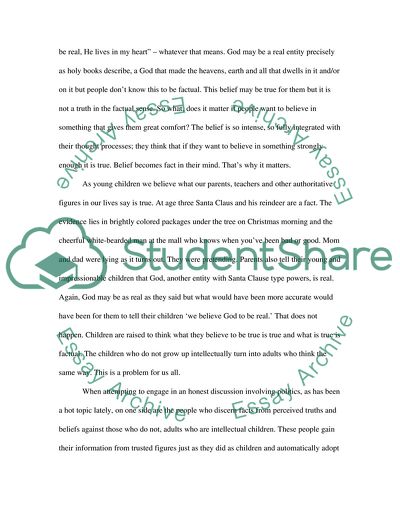Cite this document
(“Truth vs. Fact Essay Example | Topics and Well Written Essays - 750 words”, n.d.)
Truth vs. Fact Essay Example | Topics and Well Written Essays - 750 words. Retrieved from https://studentshare.org/psychology/1607367-truth-vs-fact
Truth vs. Fact Essay Example | Topics and Well Written Essays - 750 words. Retrieved from https://studentshare.org/psychology/1607367-truth-vs-fact
(Truth Vs. Fact Essay Example | Topics and Well Written Essays - 750 Words)
Truth Vs. Fact Essay Example | Topics and Well Written Essays - 750 Words. https://studentshare.org/psychology/1607367-truth-vs-fact.
Truth Vs. Fact Essay Example | Topics and Well Written Essays - 750 Words. https://studentshare.org/psychology/1607367-truth-vs-fact.
“Truth Vs. Fact Essay Example | Topics and Well Written Essays - 750 Words”, n.d. https://studentshare.org/psychology/1607367-truth-vs-fact.


